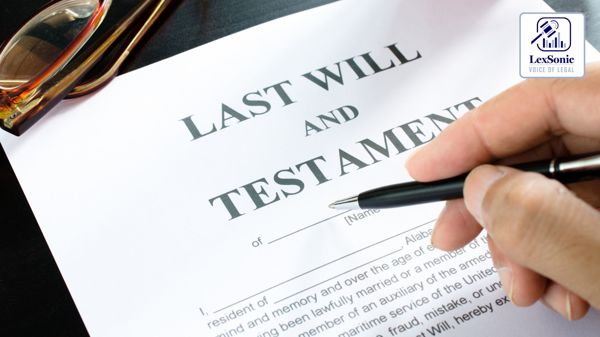When Time Runs Out: The High Stakes of Amending Wills and Legal Admissions.
06 November 2024
Civil Suits >> Civil & Consumer Law | Wills/Trusts >> Family Law
Background:

However, in a twist, the plaintiffs sought to amend their plaint to challenge a will allegedly executed by their late relative, Shri Sharwan Kumar Khanna, on 26th December 2000. The plaintiffs alleged that the will was forged and sought a declaration that it was invalid. This challenge came to light only after the plaintiffs were made aware of the will in 2017, though the defendants contended that the plaintiffs were aware of its existence since at least 2014.
Legal Arguments:
The plaintiffs argued that they had only become aware of the will's existence in August 2017, when they were provided with a photocopy by one of the defendants. They sought to amend their plaint to include a prayer declaring the will void, citing that the will was forged and could not be relied upon for property succession.
Defendants’ Argument:
The defendants also pointed out that the plaintiffs had signed a declaration-cum-indemnity bond in August 2017, which acknowledged the validity of the will. Given these facts, they argued that the plaintiffs had knowledge of the will for several years but had consciously elected not to challenge it. Therefore, they contended that the challenge was time-barred under the Limitation Act of 1963, which mandates that disputes regarding the validity of a will must be raised within three years of acquiring knowledge of the will’s existence.
Court’s Analysis:
The court referred to previous rulings, including those by the Supreme Court, which held that if a claim is time-barred, it cannot be allowed through an amendment to the pleadings. The judgment also emphasized that a claim challenging a will must be made within three years from the date of knowledge, as per Article 56 of the Limitation Act. Since the plaintiffs had not raised any challenge to the will within this period, their proposed amendment was barred by limitation.
Conclusion:
This case serves as a reminder that while amendments to pleadings are generally allowed to ensure the proper adjudication of the matter, they cannot be used to introduce claims that are otherwise barred by limitation. Legal practitioners must carefully consider the limitation periods when seeking to amend pleadings, particularly in disputes involving wills and succession.
